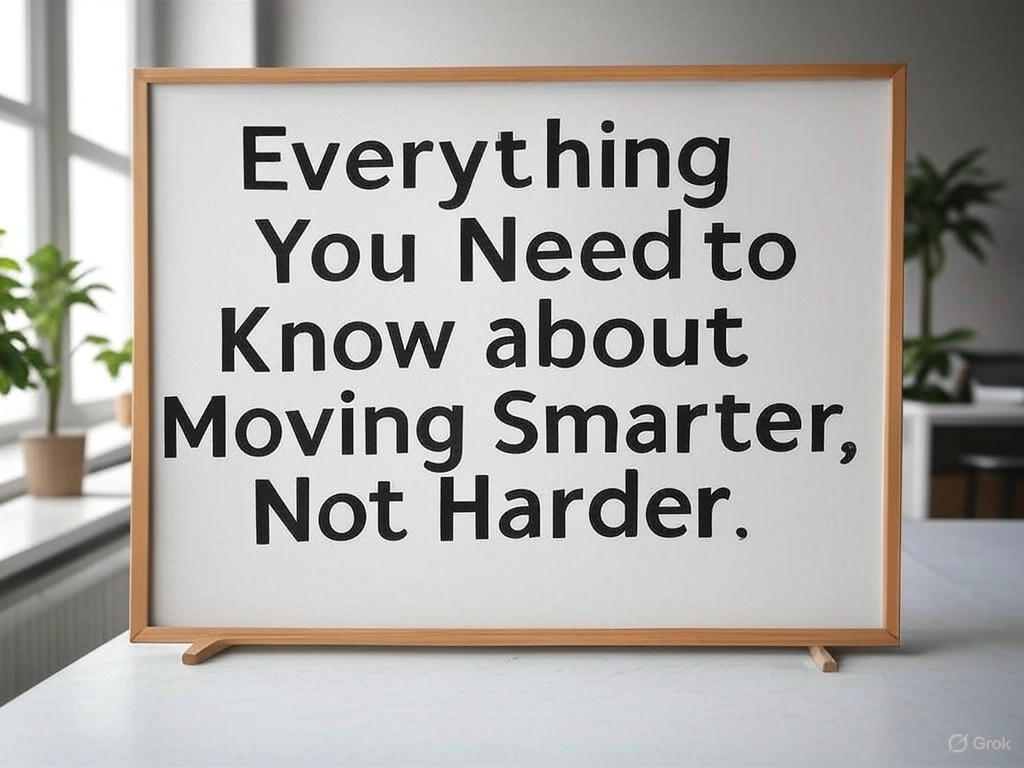Gaming is not just about playing; it’s about improving, mastering new techniques, and enjoying the experience to its fullest. Whether you’re playing competitively or for fun, leveling up your gaming skills can make the experience even more exciting. In this article, we’ll explore practical strategies to help you improve your gaming skills, from sharpening your reflexes to mastering game mechanics and developing the right mindset.
If you’re passionate about improvement and want to share your journey, feel free to write for us gaming content lovers.
1. Understanding the Basics of the Game
Before you can level up your skills, you need to understand the game you’re playing. Each game comes with its own set of rules, mechanics, and strategies. Whether it’s a first-person shooter (FPS), role-playing game (RPG), or strategy game, you’ll need to master the basics.
Learn the Controls
Start by familiarizing yourself with the controls. Mastering the game’s basic control scheme is essential, as it helps you react faster during gameplay. If you’re playing a PC game, learn the key bindings. If you’re on a console, get comfortable with the controller layout. Many games offer tutorials—don’t skip them!
Understand the Objectives
Understand the primary goals of the game. Are you trying to complete levels, defeat enemies, or solve puzzles? Knowing what you need to accomplish in the game allows you to focus on strategies that will help you win.
Explore the Game’s Features
Games often have advanced features like character customization, abilities, or special moves. Take time to explore these elements to gain a deeper understanding of how to use them to your advantage.
2. Practice Makes Perfect
Once you understand the game’s mechanics, it’s time to practice. Like any skill, gaming requires consistent practice to improve.
Consistent Practice Sessions
Make a habit of gaming regularly. Set aside time each day or week for focused practice sessions. Try to play for at least 30 minutes to an hour, but be mindful of your limits. Overextending yourself can lead to burnout, so balance is key.
Focus on Specific Areas
Instead of playing aimlessly, focus on improving specific aspects of your gameplay. For example, in a first-person shooter, you might focus on improving your aiming and shooting accuracy. In a strategy game, you might focus on learning the map and building effective strategies. Break down your practice into small goals to track progress effectively.
Play Against Stronger Opponents
One way to accelerate improvement is by playing against stronger opponents. This helps you learn new tactics and forces you to adapt. Playing against AI can be a good starting point, but real players will provide challenges that push you to refine your skills.
3. Learn from Others
You don’t have to learn everything on your own. There’s a vast gaming community out there with plenty of tips, tricks, and tutorials that can accelerate your progress.
Watch Gameplay Videos
Watching skilled players can provide valuable insights into how to play the game more efficiently. Platforms like YouTube and Twitch have countless gameplay videos, tutorials, and live streams. Pay attention to their strategies, techniques, and how they handle various situations.
Join Online Communities
Engage with online gaming communities. Platforms like Reddit, Discord, and gaming forums offer opportunities to discuss strategies, ask questions, and learn from others. Many experienced players are willing to offer advice, whether it’s about game mechanics or specific tips to win certain matches.
Learn from Mistakes
Don’t be discouraged by losses. Instead, analyze them. Figure out what went wrong and how you can improve next time. Reviewing your gameplay, either by replaying or through feedback from others, can teach you how to avoid the same mistakes.
4. Improve Your Reaction Time
In many games, especially action-packed ones, your reaction time can make all the difference between winning and losing. A faster reaction time allows you to react quickly to in-game situations, such as dodging an attack or landing a shot.
Train Your Reflexes
There are several ways to train and improve your reflexes. Some games come with built-in reflex training modes, or you can practice using specific reflex-based games or mobile apps. Reflex games like “osu!” or “Geometry Dash” require quick decision-making and can help improve your response times.
Stay Calm Under Pressure
As you improve your skills, you may face higher-pressure situations in the game. Staying calm is crucial. Instead of panicking, take deep breaths, focus on the game, and stay composed. The more calm you are, the better you’ll perform.
Optimize Your Equipment
Sometimes your reaction time can be influenced by the equipment you’re using. Ensure your gaming setup is optimized for performance. For instance, use a gaming mouse or controller with low latency, a monitor with a high refresh rate, and a fast internet connection to reduce lag.
5. Develop Strategy and Tactics
While reflexes are important, strategy plays a huge role in many games. Knowing when to attack, defend, or retreat is often more valuable than just being fast. Developing a strategic mindset will elevate your gameplay to the next level.
Plan Ahead
In strategy-based games, always have a plan. Whether it’s setting up defenses, building resources, or preparing for a team fight, being proactive can give you a huge advantage. Anticipating what your opponent is going to do next can help you stay one step ahead.
Learn Different Roles
In multiplayer games like MOBAs or team-based FPS games, players often take on specific roles, such as tank, support, or damage dealer. Understanding and mastering multiple roles will make you a more versatile player. Even if you specialize in one role, knowing the strengths and weaknesses of other roles can help you coordinate better with your team.
Use Game-Specific Strategies
Each game has its own strategies and tactics that can give you an edge. For example, in battle royale games, positioning and stealth are often more important than combat. In team-based shooters, good communication and teamwork are key to success.
6. Take Care of Your Physical and Mental Health
Gaming can be mentally demanding, especially when you’re trying to improve your skills. Taking care of your body and mind is just as important as practicing your in-game skills.
Take Breaks
Sitting for long periods can strain your body and reduce your focus. Remember to take breaks during gaming sessions to stretch, walk around, and refresh your mind. This will help maintain your stamina and prevent mental fatigue.
Stay Hydrated and Eat Well
Proper nutrition can affect your gaming performance. Drink plenty of water and eat balanced meals to keep your energy levels high. Foods rich in omega-3 fatty acids, like fish, can help improve cognitive function, which is essential for gaming.
Mental Health
Gaming can sometimes be stressful, especially when things don’t go well. If you’re feeling frustrated, take a step back. Mental clarity can significantly improve your gaming skills. Practice mindfulness, meditation, or even engage in other hobbies to keep your mind fresh and ready to take on challenges.
7. Set Realistic Goals
Setting goals is an essential part of leveling up in any skill, including gaming. By setting clear, achievable goals, you’ll stay motivated and track your progress effectively.
Short-Term Goals
Start by setting short-term goals that are specific and measurable. For example, you could aim to improve your K/D ratio, complete a difficult quest, or reach a specific rank in the game.
Long-Term Goals
As you progress, set long-term goals that require more effort, such as mastering a particular game mode or reaching the highest level in the game. These goals will give you a sense of purpose and direction as you continue to improve.
Celebrate Your Achievements
Every time you accomplish a goal, no matter how small, take a moment to celebrate. This reinforces the idea that improvement is a continuous process and keeps you motivated to keep pushing forward.
8. Use Technology to Your Advantage
There’s a wealth of technology available to help gamers level up their skills. From gaming peripherals to specialized software, using the right tools can make a noticeable difference in your performance.
Gaming Mouse and Keyboard
Investing in high-quality gaming peripherals like a responsive mouse, keyboard, or controller can significantly improve your gameplay. Look for features like high DPI (dots per inch), customizable buttons, and ergonomics for added comfort during long sessions.
Game-Specific Tools
Many games have third-party tools and mods that can enhance your gameplay experience. For example, some games have aim trainers or mods that help you improve your aim or reaction time. Look for these tools in the gaming community.
Streaming Software
If you’re into competitive gaming or live streaming, consider using software like OBS Studio or Streamlabs to improve your stream quality. High-quality streaming allows you to engage with other players, gather feedback, and learn from your own gameplay.
Conclusion
Leveling up your gaming skills is a process that takes dedication, time, and continuous effort. By understanding the game, practicing consistently, learning from others, improving your reflexes, and developing strategic thinking, you’ll see steady improvement. Don’t forget to take care of your body and mind, as a healthy gamer is a successful gamer. Most importantly, enjoy the journey—every level gained is an opportunity to learn and grow in your gaming experience!



